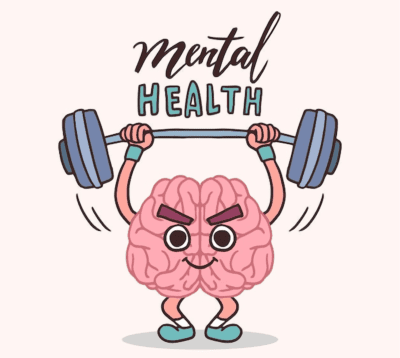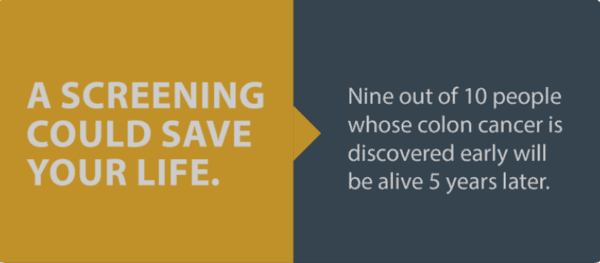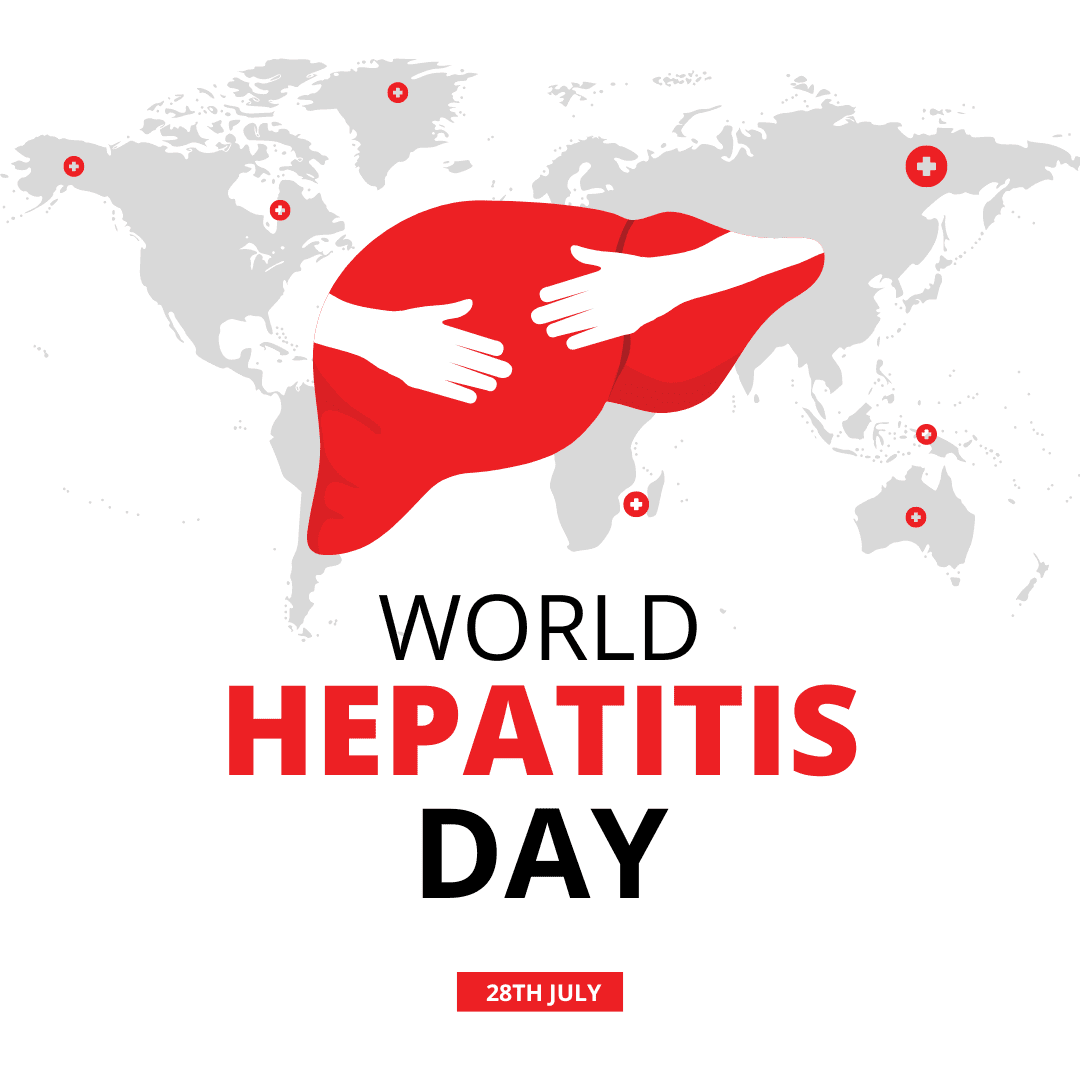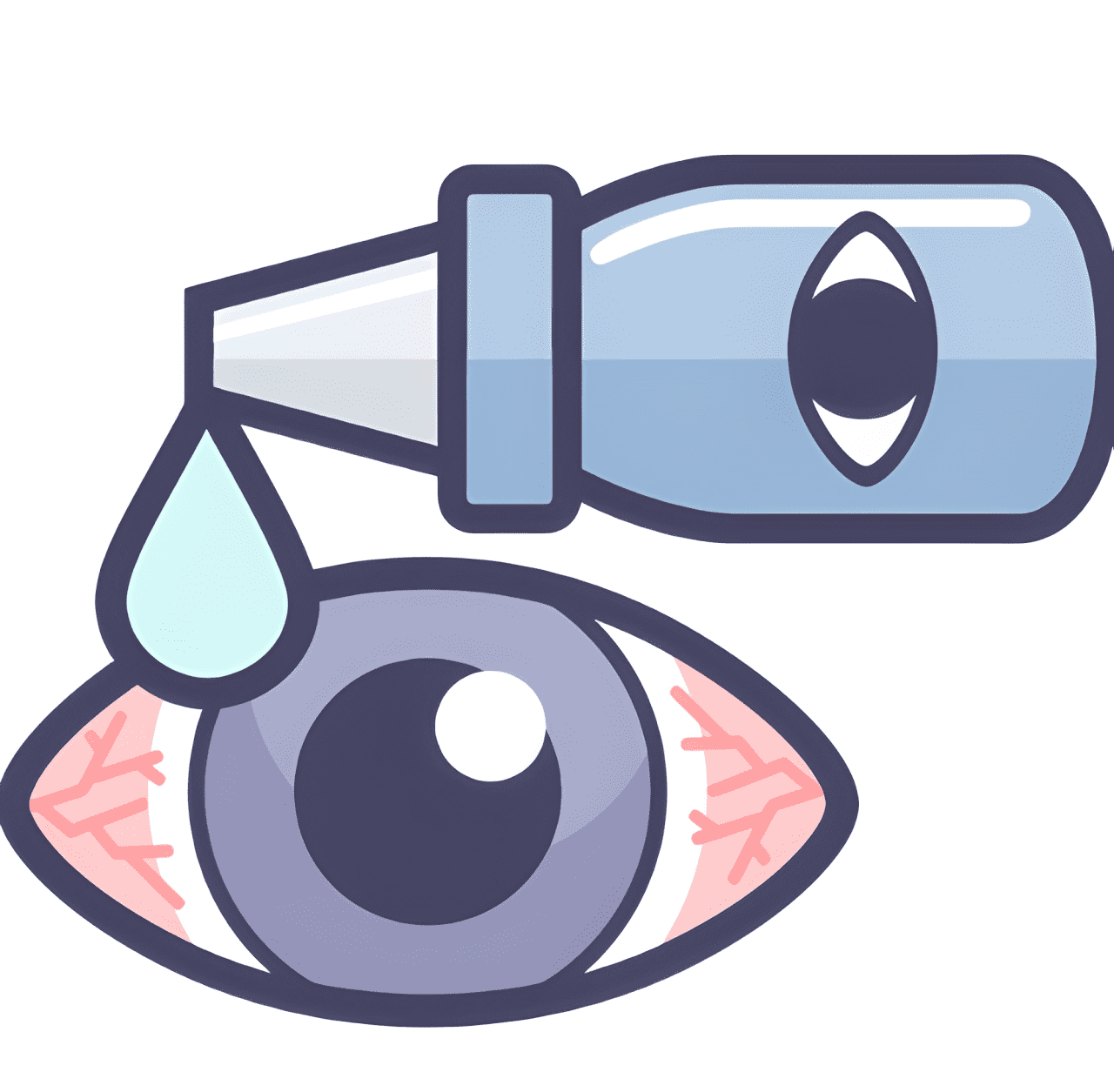World Hepatitis Day
What is hepatitis? Hepatitis is inflammation of the liver which can lead to cirrhosis.
On world hepatitis day, we are raising awareness about viral hepatitis. Here’s what you need to know:
What are the types of Viral Hepatitis?
- Hepatitis A (HAV): Spread through contaminated food/water; preventable with a vaccine.
- Hepatitis B (HBV): Transmitted through bodily fluids; can be chronic and severe. Vaccination is crucial.
- Hepatitis C (HCV): Spread via blood contact; often chronic but treatable with antiviral medications.
- Hepatitis D (HDV): Occurs with HBV infection; prevented by HBV vaccination.
- Hepatitis E (HEV): Spread through contaminated water; usually acute and self-resolving.

What are the Symptoms?
- Jaundice (yellowing skin/eyes)
- Fatigue
- Abdominal pain
- Nausea
- Dark urine
How is Hepatitis Prevented?
- Vaccination: Available for HAV and HBV.
- Hygiene: Handwashing, safe food/water.
- Safe Practices: Use condoms, avoid sharing needles.
Cost-Effective Medications
Your Medications Should Be Affordable
Medications do not need to be expensive.
We know that medication costs have soared, often leaving patients struggling to afford them. At Roots Health DPC, we’re simplifying access to affordable medications. Here’s how:
- We purchase medications at wholesale prices and pass the savings directly to our patients.
- We eliminate the middleman to ensure our patients get their medications at the lowest possible cost.
This approach has reduced prescription costs by 50% to 90% for our patients.
A Selection of example Medications Available for Less Than $5 Per Month:
Metformin
Ibuprofen
Lisinopril
Amlodipine
Sertraline/Zoloft
Lovastatin
Sumatriptan/Imitrex
Loratadine/Claritin

A Simple Solution for a “Complex” Problem
Our approach at Direct Primary Care (DPC) is centered on delivering comprehensive healthcare directly to our patients. We prioritize offering medications at reduced rates to ensure convenience for essential treatments for your health needs. Our expertise allows us to collaborate closely with you to identify the medications tailored to your health conditions.
Panic Attacks
Recognizing Panic Attacks
July 10th is Panic Attack Awareness Day… the right time to understand and talk about panic attacks. These sudden episodes of intense anxiety can be alarming and confusing if you have not experienced it before.
Knowing the signs is the first step to managing them.

Recognizing the Signs… you might feel…
a rapid heartbeat
sweating/ trembling
shortness of breath or chest pain
nausea or dizziness
a fear of losing control.
Managing Panic Attacks
While we all experience stress, overwhelming anxiety/recurrent attacks is not something to ignore. Some action items if you are struggling include:
- Deep Breathing: Slow, deep breaths calm your system in the moment.
- Stay Grounded: Focus on your surroundings as it occurs.
- Learn More: Understanding reduces fear and education is critical.
- Seek Help: Talk to your trusted physician to develop a plan that works for you.
UV Safety Awareness Month
Stay Safe in the Sun!
July is UV Safety Awareness Month, and with summer here, it’s the time to protect yourself and your loved ones from harmful UV rays.
Why UV Safety Matters?
UV radiation from the sun can cause skin damage and increase the risk of skin cancer. Skin cancer is the most common cancer in the U.S., with over 5 million cases annually.

Tips to Stay Safe:
- Wear Protective Clothing: Use hats, UV-blocking sunglasses, and long-sleeved shirts.
- Use Sunscreen: Apply SPF 30+ and reapply every two hours.
- Seek Shade: Stay out of direct sunlight, especially from 10 AM to 4 PM.
- Avoid Tanning Beds: They increase skin cancer risk.
- Regular Skin Exams: Check for new or unusual skin changes.
Protecting your skin is crucial, regardless of skin tone. To learn about how we do health care centered around you… visit us at Roots Health DPC.
What exactly is PREDIABETES?
Around 96 million American adults, which is over one-third of the population, have prediabetes. More than 80% of these individuals are unaware of their condition. Most people are not informed that regular screening is necessary.
What are the risks associated with having prediabetes?
Prediabetes greatly raises the likelihood of progressing to type 2 diabetes, heart disease, and stroke. Understanding this condition is crucial for prevention and management.
The positive aspect is that prediabetes, which can be readily identified through blood tests, can be managed with lifestyle adjustments to prevent or delay type 2 diabetes and other major health issues.

Let’s debunk a few prevalent myths about diabetes today.
Myth: Being at a healthy weight means you’re not at risk for diabetes.
Obesity and being overweight are linked to various health issues and raise the risk of type 2 diabetes. However, maintaining a healthy weight doesn’t make you immune to the disease, as even those at a healthy weight can develop diabetes.
Myth: Since no one in my family has diabetes, I won’t get it.
Having a close relative with type 2 diabetes raises your likelihood of developing it. However, the risk also increases as you age. Individuals with heart disease, high blood pressure, and those who are overweight or obese have a higher risk, irrespective of family history. While you cannot alter your family history or age, adopting a healthy lifestyle can reduce your risk.
Myth: It is impossible to take any measures to prevent diabetes.
While genetics contribute to your risk of developing type 2 diabetes, lifestyle decisions are crucial in its prevention. Keeping a healthy weight, engaging in regular exercise, and making dietary improvements can lower your diabetes risk. Smoking impairs insulin use, so avoiding smoking can reduce your risk. Additionally, alcohol consumption can affect your risk.
Migraine Headaches
Is it a Migraine Headache?
Migraines typically result in throbbing pain on one side of the head and are frequently associated with nausea, vomiting, and heightened sensitivity to light and sound. These attacks can persist for hours to days, significantly impacting daily activities.
What is an Aura?
A warning sign, known as an aura, can precede the headache. An aura may involve visual disturbances like flashes of light or other sensations such as tingling in the face, arm, or leg, or even difficulty speaking.
Risk Factors for Migraines
- Family history: If you have a family member with migraines, then you have a good chance of developing them too.
- Sex. Women are three times more likely than men to have migraines..
- Age. Most people have their first migraine during adolescence, but migraines can start at any age, usually before age 40.
- Hormonal changes. Headaches can begin around menstruation. They can change during pregnancy or menopause. Migraines generally improve after menopause.

Triggers for Migraines
- Certain Drinks and Foods . Alcohol and excess caffeine can trigger migraines.
- Stress triggers migraines. Stress includes feeling overwhelmed at home or work. But you can also become stressed by exercising too much or not getting enough sleep.
- Senses: Loud sounds, bright lights , or strong smells may trigger migraines.
- Hormonal changes. Fluctuations in estrogen, such as around menstrual periods, pregnancy and menopause can worsen migraines.
- Illness. Infections, such as the cold or the flu, may trigger migraines, especially in children.
- Weather changes. A change of weather or barometric pressure can prompt a migraine.
- Medications. Some medications, including oral contraceptives, can trigger migraines
Keeping a Journal of your migraine symptoms can be a key to treatment planning.
Family Health and Fitness Day
Family Health & Fitness Day:
Prioritizing Wellness Together
Let’s celebrate Family Health & Fitness Day. Roots Health DPC, is committed to promoting prevention and wellness within our community. We believe that engaging in regular physical activity and making healthy lifestyle choices are essential components of overall well-being. Instilling these values in the next generation… by participating together… can have enormous impact.

Looking for some ideas to kickstart your family’s journey to better health?
2. Take a walk in the forest: Enjoy the outdoors while getting some exercise by taking a walk at your nearest trails. Incorporate physical activity into your day while spending quality time together as a family.
3. Find a fun activity: Engage in seasonal activities like going to a pool or water park, visiting the lakefront, spending time outside. Enjoy and provide opportunities for physical movement and bonding.
5. Go on a bike ride: Explore your neighborhood or nearby bike paths on a family bike ride. Biking is a fantastic low-impact exercise that can be enjoyed by all ages and fitness levels.
World Brain Tumor Awareness
June 8th: World Brain Tumor Awareness Day. This day carries a personal significance, as I remember our loss and my mother-in-law, Sally, who developed glioblastoma which ultimately took her life.
Without medical training, most would likely not recognize the significance of early subtle neurological symptoms. In fact, when symptoms of slightly worsening memory or inability to recall words quickly or even just “not acting like Mom does” develop…. it is time to seek expert medical advice. We were grateful to have treatment options and time with Sally after her diagnosis.

When it comes to your health you will have no better advocate than a Direct Primary Care Physician. We serve as your trusted ally In the world of healthcare: providing convenient, high-quality care as if you have a “doctor in your family.” This becomes especially important when navigating complex conditions like brain tumors. With a personalized approach to healthcare that prioritizes the patient-provider relationship you truly have a trusted ally in your healthcare journey, providing support, guidance, and peace of mind whenever you need it.
Making a Difference: On World Brain Tumor Awareness Day, let’s honor the memory of loved ones like Sally and support those currently facing this challenge. By spreading awareness, advocating for accessible care for all, and supporting research efforts… we can make a meaningful difference in the lives of many.
Skin Cancer
Tips for Early Detection of Skin Cancer
What are the skin changes you should not ignore? Skin cancer is the most common form of cancer in the United States. Knowing how to do a skin self-exam and what the warning signs are for melanoma are the key for decreasing risk.
Follow these tips to increase your chances of spotting skin cancer early, when it’s most treatable.
How to perform a skin self-exam
- Examine your body in a full-length mirror– Examine your body front and back in a mirror, then look at the right and left sides with your arms raised.
- Look at your underarms, forearms, and palms– Bend your elbows and look carefully at your forearms, underarms, and palms.
- Look at your legs, between toes, and soles of your feet- Look at the backs of your legs and feet, the spaces between your toes, and the soles of your feet.
- Use a hand mirror to examine your neck and scalp- Examine the back of your neck and scalp with a hand mirror. Part your hair for a closer look at your scalp.
- Use a hand mirror to check your back and buttocks- Finally, check your back and buttocks with a hand mirror.

Remember the “ABCDE rule”
Note changes in moles or birthmarks that can be warning signs of melanoma, the deadliest form of skin cancer.
A- Asymmetry where one half looks different from the other
B- Borders of the mole that are irregular or not sharply demarcated
C- Color is varied from one area to another
D- Diameter over 6mm (the size of a pencil eraser)
E- Evolving or changing in size shape or color
Osteoporosis Month
Stronger Bones: Your Path to Vitality
As we journey through life, our bones form the sturdy framework that supports us. But did you know that maintaining good bone health goes beyond just avoiding fractures? This May, as we recognize National Osteoporosis Month, let’s delve into the secrets of achieving resilient bones and vibrant living.
It’s easy to think of bone health as something to worry about later in life. However, waiting until then might be too late. Peak bone mass, crucial for strong bones as we age, is built in our twenties and thirties.
That means the choices we make today profoundly impact our future.
But fret not! Building strong bones isn’t rocket science. Simple lifestyle changes can make a world of difference. A balanced diet rich in calcium and vitamin D, along with regular weight-bearing exercises like walking or dancing, can significantly boost bone strength.

Taking charge of your bone health isn’t just about avoiding fractures; it’s about embracing a life of vitality and independence. Imagine being able to explore new places, or simply enjoy a stroll in the park without worry.
But where do you start? The first step is finding a healthcare provider who understands the importance of bone health and can guide you on your journey. Seek out a doctor who not only diagnoses and treats but also educates and empowers. Together, you can develop a personalized plan to unlock your strongest, healthiest self.
So, this National Osteoporosis Month, let’s embark on a journey toward stronger bones and brighter tomorrows. Take the first step today, and let your bones be the foundation for a life filled with vitality and joy. Your future self will thank you for it!
National Women’s Health
Forward Focus:
Empowering Women for Healthier Futures
In the hustle and bustle of life, prioritizing our health often takes a back seat. But now is the time to reclaim control and invest in our well-being. Over recent years, many individuals have postponed crucial health appointments, leading to potential health concerns.
To ensure a brighter future, here are actionable steps you can take:
- Schedule Your Annual Physical and Health Appointments: Don’t delay any longer. Prioritize preventive care, including essential screenings and discussions about mental health.
- Maintain a Healthy Weight: Consult with your doctor to set realistic health goals tailored to your individual needs. Focus on achieving and maintaining a healthy weight to reduce the risk of various health conditions.

Mental Health awareness
Breaking the Silence:
Prioritizing Mental Health for Families
In honor of Mental Health Awareness Month, let’s shine a light on a crucial but often overlooked aspect: the impact of mental health challenges on families. As parents, siblings, and caregivers, we may find ourselves struggling to navigate the complexities of supporting a loved one facing mental health issues.
The journey can be overwhelming, leading to increased stress, anxiety, and feelings of isolation for family members. It’s essential to recognize that your well-being matters too.
Here are some simple steps to prioritize your mental health:
- Seek Support: Connect with support groups or mental health professionals who understand what you’re going through. Sharing experiences and finding solidarity can provide comfort and validation.
- Set Boundaries: It’s okay to establish boundaries to protect your own mental and emotional well-being. Communicate your needs and limitations to others, including your loved one and other family members.
- Practice Self-Care: Make time for activities that bring you joy and relaxation, whether it’s exercise, hobbies, or spending time outdoors. Remember, taking care of yourself is not selfish – it’s necessary.

At Roots Health Direct Primary Care, we understand the unique challenges that families face when supporting a loved one with mental health issues. Our compassionate team is here to provide support, guidance, and resources tailored to your needs.
Dry Eyes
A Comprehensive Guide to Understanding and Treating Dry Eyes
Do you often experience discomfort, redness, or irritation in your eyes? This could be a sign of dry eye syndrome, a common condition that affects tear production and quality.
Here’s what you need to know:
Diagnosis:
To determine the cause of your dry eyes, there are various tests, including a comprehensive eye exam and measurements of tear volume and quality that can be performed.
Treatment Options and Management:
Treatment for dry eyes depends on the severity and underlying cause. Options range from artificial tears to prescription medications and specialized therapies. Artificial tears come in various formulations, including drops, gels, and ointments. Drops can provide immediate relief, while ointments offer longer-lasting lubrication, especially at night.

Self-care practices can also help alleviate dry eye symptoms. Frequent eyelid washing and the use of nonprescription eye drops or ointments may provide relief. Avoiding factors that exacerbate dry eyes, such as prolonged screen time and exposure to dry environments, is also important. Omega-3 supplements may be help as well.
Women’s Eye Health
Prioritizing Women’s Vision:
Key Concerns and Care Tips
Welcome to Women’s Eye Health & Safety Month!
Amid our busy lives, safeguarding eye health often takes a backseat. However, for women, certain vision issues deserve special attention due to their higher prevalence.
Unique Vision Concerns for Women:
Women face specific eye health challenges, including:
-
Dry Eye Syndrome: More prevalent in women due to hormonal changes.
- Glaucoma: Women are at a higher risk, particularly after age 60.
- Age-related Macular Degeneration (AMD): A leading cause of vision loss, affecting women more than men.

Tips for Maintaining Women’s Eye Health:
- Regular Eye Exams: Schedule annual check-ups to catch issues early.
- Protective Eyewear: Shield your eyes during activities or chores to prevent injury.
- Healthy Habits: Eat a balanced diet, hydrate well, and avoid smoking.
- Screen Time Breaks: Follow the 20-20-20 rule to reduce digital eye strain.
- Awareness: Educate yourself and others about women’s eye health risks.
Empowerment Through Awareness:
By staying informed and proactive, women can safeguard their vision and enjoy a clearer, brighter future.
Health Sharing Plans (HSP)
Exploring Better Health Care.
Health Sharing Plans and Direct Primary Care.
The rising cost of health inurance causes stress for many. It is well known that the United States spends more than any other country and our outcomes are worse. We have a declining life expectancy and some of the highest maternal and infant mortality rates. It is time to look for a better option. Direct Primary Care paired with Health Sharing Plans (HSP) offer a higher quality of care and provide signficant savings on healthcare expenses. Lets look at the fundamentals of HSPs and analyze their distinctions from conventional insurance coverage.
Health Sharing Plans (HSP): How It Works
Members in an HSP “share” medical costs. As part of an HSP, you are responsible for paying an initial unshareable amount (IUA) each month (like a premium). There is also an “annual unshared amount” (like a deductible) that your medical expenses must exceed before the plan shares your expenses.
Health care sharing can be great for people who:
- Are generally in good health
- Are not eligible for a tax credit based on income
- Lack access to insurance through an employer or government program
- Only want/need catastrophic coverage
- Want to pay less in health insurance premiums

HSP vs Health Insurance
The Pros:
- HSP counts as insurance under the Affordable Care Act (ACA), even though they are not insurance. This allows for affordable healthcare benefits while avoiding the tax penalty for going uninsured.
- HSP are provided at a much lower monthly cost.
- The annual “unshared amount” is much, much lower than deductibles for insurance plans.
- You have any choice of provider. There are no network requirements. If you pay out-of-pocket, health sharing plans reimburse your expense.
The Cons:
- Health care sharing plans are not required to cover pre-existing conditions at the time of enrollment such as cancer, diabetes, or smoking. Those who have them may be declined membership or won’t have the conditions fully covered for a year or more.
- Health care sharing also doesn’t typically cover the essential health benefits like wellness exams or mental health counseling…. this is where DIRECT PRIMARY CARE really shines.
HSP and Direct Primary Care (DPC) work well together
DPC will meet vast majority of a person’s primary health care needs and any urgent care needs for a low monthly fee without copays or deductibles. DPC ensures access discounted cost laboratories, medications , and consultations with specialists. DPC members receive higher quality care with better access to their physician without the wait.
Head & Neck Cancer Awareness Month
Navigating Health:
National Head & Neck Cancer Awareness Month
Understanding the Risks:
Alcohol and tobacco use, including smokeless tobacco, pose significant risks, contributing to 75% of cases. Concurrent use exacerbates the risk.
Raising Awareness:
Empowering informed health choices and encouraging regular screenings for early detection.
Self-Examination:
Stay vigilant for red or white patches, lumps, or bumps in the mouth, throat, or neck. Seek medical evaluation if symptoms persist beyond two weeks.

Lower your Risk!
Take proactive measures to minimize risk:
- Steer clear of tobacco and smokeless tobacco.
- Moderate alcohol intake.
- Stay current with check-ups.
Alcohol Awareness Month
Navigate Wellness:
Alcohol Awareness Month
Let’s illuminate the risks of excessive alcohol consumption and guide individuals toward healthy habits for a lifetime of wellness.
The Importance of Awareness:
Making informed decisions about drinking habits starts with becoming aware. People who suffer from alcohol use disorder (AUD) are often preoccupied with alcohol and can find it hard to control their consumption.
Statistics on Alcohol Addiction & Use in the US:
Alarming statistics reveal the prevalence of alcohol addiction. 51% of people aged 12 and older engage in binge drinking monthly, while over 14 million have Alcohol Use Disorder (AUD), with liver disease deaths attributed to alcohol use.
Navigating Healthy Habits:
We emphasize balanced wellness and educates on the short- and long-term health issues associated with AUD, and options for both prevention and treatment.

Our Commitment to Support:
We pledge support during Alcohol Awareness Month and beyond, encouraging dialogue, providing resources, and offering personalized guidance to prioritize well-being.
Colorectal Cancer
Colorectal cancer is serious, but the good news is that it’s preventable with timely screening. At Roots Health Direct Primary Care, we’re dedicated to empowering you with knowledge and proactive healthcare solutions. Let’s explore why colorectal cancer screening matters and how it saves lives.
Why Screening Matters:
Colorectal cancer is the second deadliest cancer in the U.S., but it doesn’t have to be. Screening is key to catching it early when treatment is most effective. By detecting and removing precancerous polyps, screening can prevent cancer from developing in the first place.
Screening Recommendations:
The American Cancer Society advises starting screening at age 45 for most individuals. If you have a family history or other risk factors, talk to us about personalized screening recommendations tailored to your needs.

Simple Screening Options:
We offer convenient screening options tailored to your preferences. From the gold standard colonoscopy to at-home kits, we’ll help you find the right fit for your lifestyle and peace of mind.
Don’t wait for symptoms to appear—take control of your health today with colorectal cancer screening.
Why Choose Us?
At Roots Health DPC, we prioritize your health and well-being. With personalized care and a focus on prevention, we’re here to guide you every step of the way on your journey to better health.
Managing Prediabetes
Empower Your Health:
Managing Prediabetes with Lifestyle Changes
Discovering you have prediabetes doesn’t mean you’re destined for diabetes. It’s a powerful opportunity to take charge of your health and prevent future complications.
Here’s how you can proactively manage prediabetes and reduce your risk of developing diabetes:

3. Stay Active: Incorporate just 30 minutes of moderate physical activity into your daily routine. Whether it’s walking, gardening, or dancing, find enjoyable activities that get your body moving and promote overall wellness.
Myths About Diabetes
Busting Common Myths About Diabetes
Did you know that over 96 million American adults are living with prediabetes, yet a staggering 80% of them are unaware of their condition? It’s time to shed some light on this silent threat and dispel the myths surrounding diabetes.
Myth #1: Healthy Weight = No Diabetes Risk
While obesity is a known risk factor for type 2 diabetes, maintaining a healthy weight doesn’t guarantee immunity. Even individuals at a healthy weight can develop diabetes, emphasizing the importance of lifestyle choices beyond the scale.
Myth #2: Diabetes is Just a Family Affair
While family history does play a role, age, heart health, and lifestyle choices also contribute to your diabetes risk. Regardless of your family background, adopting a healthy lifestyle can significantly reduce your risk.

Myth #3: Diabetes is Inevitable
Contrary to popular belief, you have the power to prevent or delay type 2 diabetes through lifestyle modifications. From maintaining a healthy weight to quitting smoking and limiting alcohol intake, small changes can make a big difference in your health.
Myth #4: Blame Game: It’s Your Fault
Diabetes is a complex disease influenced by various factors, including genetics and lifestyle. Blaming individuals for their condition overlooks the multifaceted nature of diabetes and undermines efforts to promote understanding and support.
Myth #5: Diabetes is Just a Minor Inconvenience
Diabetes isn’t just a nuisance – it’s a serious health condition with potentially life-threatening complications. From heart disease to blindness, diabetes can significantly impact quality of life and longevity.





















